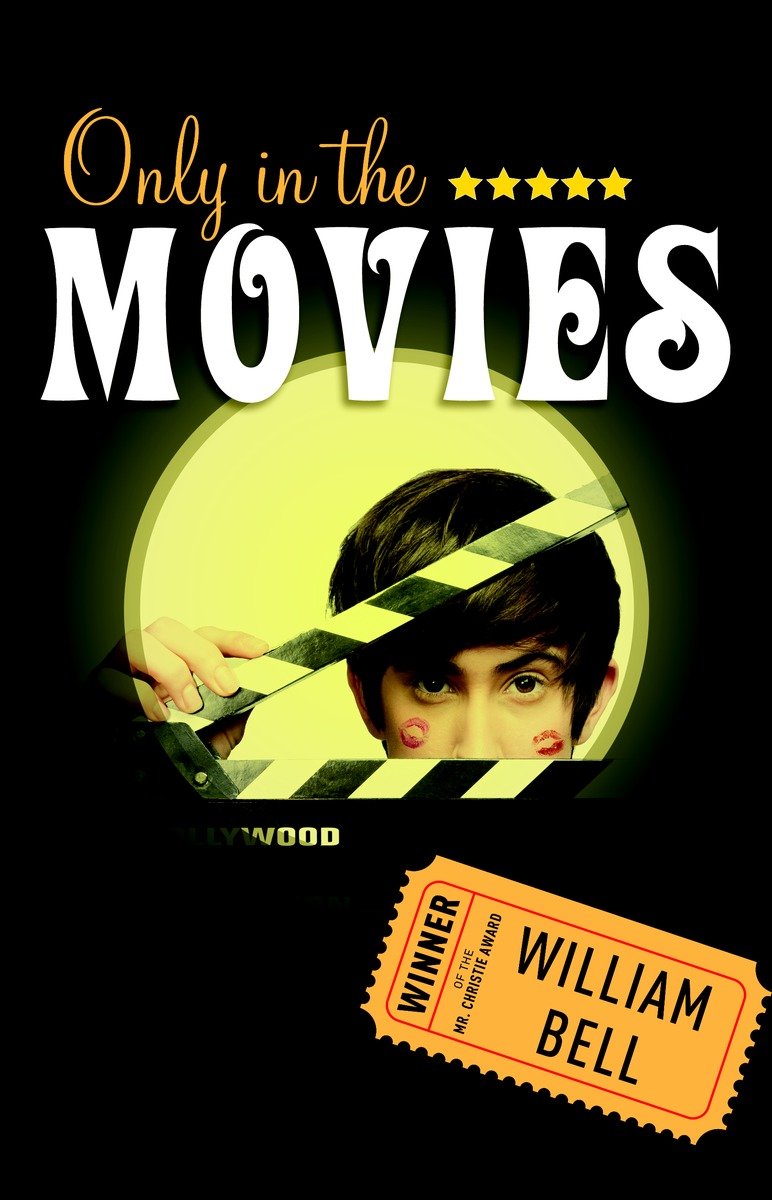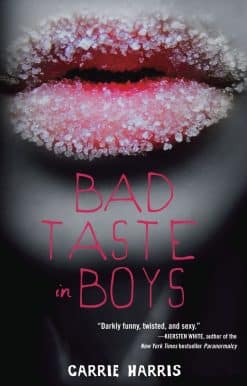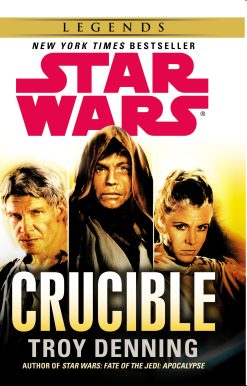Only in the Movies
12.00 JOD
Please allow 2 – 5 weeks for delivery of this item
Description
When Jake Blanchard gets a job as a student set designer at the York School of Arts, it’s an exciting first step towards realizing his dream of making movies. But soon enough he finds himself starring in a drama of his own creation. Nothing in Jake’s life is the same after Vanni, a whip-smart, wisecracking Indian-Irish-Canadian joins his class, and after Jake meets the unforgettable Alba, who is as stunning as she is unattainable. Jake is tongue-tied around Alba and enlists Vanni’s help. All of a sudden — like the Shakespeare play Jake’s school is putting on — Jake finds himself entwined in a love triangle of sorts, complete with secrets and suppressed passions, contrived plots, miscues and misunderstandings. By the end, as in any good comedy, tensions are resolved and Jake’s world has been re-made, though in a way he could not have anticipated.
Additional information
| Weight | 0.23 kg |
|---|---|
| Dimensions | 1.78 × 13.97 × 20.83 cm |
| PubliCanadation City/Country | Canada |
| by | |
| Format | Paperback |
| Language | |
| Pages | 240 |
| Publisher | |
| Year Published | 2010-1-12 |
| Imprint | |
| For Ages | 7 |
| ISBN 10 | 0385667698 |
| About The Author | WILLIAM BELL's novels have been translated into nine languages and have won a number of awards, among them the Ruth Schwartz Award for Excellence (Forbidden City), the Belgium Award for Excellence (Forbidden City), the Manitoba Young Readers' Choice Award (Five Days of the Ghost), the Mr. Christie's Award (Zack), and the Canadian Library Association's award (Stones and The Blue Helmet). |
| Excerpt From Book | CHAPTER ONE I was twelve years old when I stumbled onto the movie set in the park on 11th Street, and I couldn’t get the spectacle I had witnessed out of my head. It was like Christmas morning. What present should I open first? Acting? Directing? Operating cameras, booms, sound equipment? Creating the story? I began to pay more attention to the movies I watched on TV. I took a few cinema-history books out of the library at the top of our street. I kept my eye out for some of the movies mentioned in the books—Citizen Kane, The Umbrellas of Cherbourg, Casablanca, Red Sorghum. By the time I was nearing the end of grade ten and the school guidance types were nagging us to choose what they called a “career path,” I already knew what I wanted to do with my life. There was only one problem—or, to be exact, two. My parents. My sister, Janine, was ten years older than me—I was “mommy’s little surprise”—and had proved she carried the Blanchard business genes when she signed up for accountancy at university as a first step toward business administration and a career as a stockbroker. She planned to amass her first million before she was thirty. I told her that unless she stopped taking courses, she’d still be in college when she was thirty. She tossed her auburn hair, planted her skinny hands on her skinny hips and told me to shut up. Besides, she added, she didn’t care if she made a million. Playing with money, especially other peoples’, was fun. My mother, a tiny, slender woman with a limitless supply of energy, operated a hairdressing business out of our basement. The grey-haired ladies who tottered in and out our side door were a reliable indicator that Maryan’s Custom Styling wasn’t going to put the gleaming salons on Lakeshore Boulevard out of business. But Mom liked her “old dears.” They made few demands, and although they wouldn’t tolerate high prices, they always paid in cash. Our basement was like a small social club where the members came one at a time and swam around for half an hour in chemical smells and gossip. As the hand-painted sign on the side of his blue panel van announced, my father was Cyrus’s Custom Cabinets and Carpentry, Cyrus Blanchard, sole prop. It was unusual to find a tradesman who could build a house working from nothing but a sketch on a piece of paper and then design and craft complex cupboards and cabinets with fine scrollwork and drawers that still rolled freely ten years after they were installed. I had always believed that cabinetry was Dad’s true calling, but it was the less refined work that paid the bills. Dad hired workers when he needed them and paid above scale. He resisted the pressure to expand and make more money. He said the quality of his work would drop. Besides, he didn’t need the aggravation. “Keep it simple” was his motto. One of the people who helped him was me. I went out on the job with him on weekends and holidays. For the first years I guess I mostly got in his way. When I was ten, he gave me my own leather nail bag to hang around my waist, just like the one he wore but smaller. Better still, he put me on the payroll at a dollar an hour. By the time I was twelve, I knew how to frame a room, shingle a roof and plumb a wall. He made me learn how to lay out a roof truss—which required a few geometry lessons—even though most contractors ordered them prefabricated from the builders’ supply. “Anybody can make a phone call,” he’d say. “A builder builds.” During the summer following my graduation from 7th Street Elementary School, he offered to give me a project to complete on my own. The reward would be half union-scale pay. When I agreed to take on the challenge, he handed me a drawing of a garden shed and gave me two weeks to build it in our yard. I had to calculate the materials list, submit an estimate, arrange for the materials to be delivered, then construct the shed. It was like a simplified, miniature house. I passed the test, raising a structure exactly according to his drawing, except I added a window on each side wall to let in light and a gable vent on the rear wall. He inspected it carefully, tapping the studs and door frame with his knuckles and muttering. I was a little puffed up with my custom additions, but he just nodded when he saw my changes and said, “Fine.” “‘Fine’?” I replied. “That’s it? ‘Fine’?” “The windows and vent were left out of the plan on purpose,” he said with irritating nonchalance, scratching his prematurely balding head. “It was part of the test.” He taught me some of the cabinetmaking part of his limitless fund of wood-knowledge, encouraging me to think differently, find alternate ways of doing things, learn the personality of each kind of wood. It always amazed me that someone built like him, with a square body, strong, thick arms and hands like baseball gloves, could produce such delicate work. Framing was done mostly with spruce, but cabinets could be pine, oak, walnut, cherry—whatever the customer wanted. I was in grade nine when I made my first cabinet from scratch—a simple corner unit with full-length doors, in cherry wood. All this time, I kept my desire to work in movies to myself. I knew the day was coming when I’d have to tell my parents the truth, admit that I wanted to break out of the Blanchard business trust and make my career in, of all things, the arts. Then one day I came home from school and saw my father’s panel van parked in the driveway of our house on 11th Street, under the maple tree. There was something different about it. I took a closer look. “Oh, no,” I said. SCREENPLAY: “JAKE, THE UNGRATEFUL SON”byJAKE BLANCHARD FADE IN: EXT. THE STREET OUTSIDE THE BLANCHARD HOME—DAY—APRIL JAKE tears into his driveway on his bike, skidding to a stop beside his father’s van. Does a double take. Peers at the writing on the side panel. CLOSE UP:The side panel of the van, showing first line of print:CYRUS’S CUSTOM CABINETS AND CARPENTRY ZOOM IN TO second line of print:CYRUS BLANCHARD and SON, PROP. ZOOM TIGHTER to words:and SON CUE MUSIC: the first few bars of Beethoven’sFifth Symphony CUT TO:INT. THE BLANCHARD HOME—DAYFollowing JAKE as he drops his backpack inside the front door, walks down the hall and turns into the living room. MARYAN is sitting on the floor, photos spread on the carpet around her. CLOSE UP:Various photos: Jake as a baby, as a toddler mounting a tricycle, at his elementary-school graduation; more recent shots of Jake and Cyrus at a construction site, wearing their leather nail aprons. MARYAN looks up at JAKE, her face a mask of grief. MARYANOh, Jake! How could you? CUT TO:EXT. BACK YARD OF THE BLANCHARD HOME—DAYFollowing JAKE as he runs out the back door of the house and into the garage where Cyrus has made his workshop. INT. CYRUS’S WORKSHOP—DAYCYRUS, wearing his nail apron, stands behind a workbench, facing away. On the bench and floor, smashed and broken tools are scattered. CYRUS(to himself)All for nothing. All for nothing. JAKEDad? What’s going on? CYRUS(turning)Who is that? My son? It can’t be.I don’t have a son! FADE OUT |
Only logged in customers who have purchased this product may leave a review.




Reviews
There are no reviews yet.